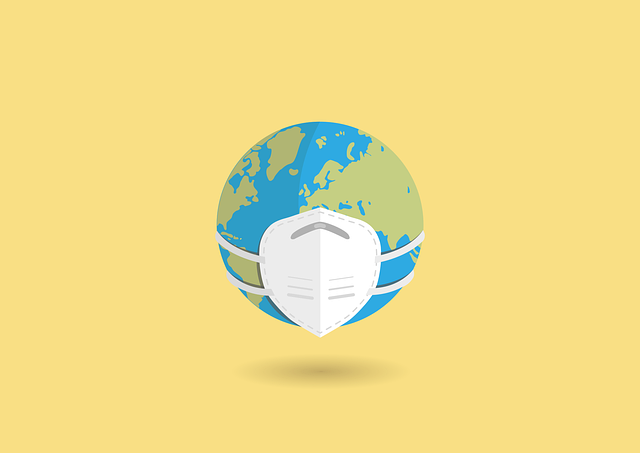
The Covid-19 pandemic has underscored the dependent position of poorer countries in the current world order and how that is turning Covid-19 into a catastrophe for their people.
Nearly 120 countries out of the 193 members of the United Nations are helpless because they do not have domestic production capacity for medical materials.
They depend almost entirely on the good will of the US and richer countries, which have already placed embargos on export of essential equipment, including masks, testing kits and respirators.
Their inability to protect their citizens also creates new perils for people in richer nations, including from contagion, massive debt, social violence and unmanageable migration.
These dangers will multiply just as the richer countries start to rollback lock downs in the next eight weeks because Covid-19 attacks will be rising in the poorest countries, particularly in Africa.
The World Bank estimates that the pandemic could push about 49 million people into extreme poverty in 2020.
Almost half of the projected new poor, 23 million, will be in Sub-Saharan Africa, with an additional 16 million in South Asia.
Phone surveys in Bangladesh in March showed that the number of respondents living under the national poverty line has increased from 35% to 89%. About 93% of those interviewed lost 75% of their income and 72% lost their jobs.
Poverty is worsening because of lock downs and steep falls in earnings from the chief poor country exports — natural resources and cash crops. Prices for their commodities have dropped by 37% so far this year.
Many huge risks for richer nations would not have arisen if poor countries had more self-sufficiency, including indigenous manufacturing capacity, stronger financial institutions and higher-quality medical training.
The UN estimates that poorer countries will need between $2.6 trillion and $3.4 trillion in 2020 and 2021 just to repay their foreign debt. Timely repayments are unlikely because of negative Covid-19 economic and trade impacts.
Rich country creditors will surely resist the hits involved in alleviating or forgiving such gigantic debt. So new financial engineering will have to be done to design sustainable solutions.
That will involve profound structural changes in very short order to international financial institutions, including the International Monetary Fund (IMF) and World Bank.
The changes will take time and have to be done in controlled steps. But there is no real alternative because the weaknesses of poorer countries will continue to multiply.
Among other things, that will create very high risks for people in richer nations from second-wave infections brought by migrants, crippling Covid-19 debt and stalled economic growth.
A sea-change is necessary in how Western democracies conceive and operate relations with poorer nations. So far, they have used the weakness of poorer countries to capture markets for exports and exploit natural and other resources at low cost.
At the same time, they have tied those countries into complex systems of loans to pay for goods and services sold to them. In emergencies, global financial institutions like IMF provide subsidized loans but in exchange for painful austerity measures that protect the interests of creditors.
UN experts think developing countries will need economic stimulus of $2 trillion to $3 trillion over the next two years. For the US and other rich nations to make so much money available seems impossible in light of their own rising debts.
The IMF estimates that rich country debt will rise by $6 trillion, to $66 trillion at the end of 2020, or 122% of GDP on average from the current 105%.
Governments will try to grow their way out but severe global economic recession lurks a half-step away.
Covid-19 is overwhelming even America’s mighty economy. It if flounders, it will take the world down with it.
That will surely threaten world peace by uncaging undemocratic forces, criminal behavior and terrorism around the world.
There is urgency because experts forecast regular attacks by new pandemics. If they do happen, the 36 rich countries in the OECD club will not be able to protect their people. The world is too porous for that.
Blocking migrant workers is also risky because they provide significant low cost labor in the US and other rich countries.
Their remittances to families back home are important contributors to national budgets in many developing countries. The Pew Research Center estimates that remittances can provide 10% to 30% of the GDP of many poor countries.
The World Bank forecasts a fall in remittances of more than $100 billion in 2020 to $445 billion. They were the largest source of external financing in poorer countries last year, exceeding foreign direct investment. The drop will be another hard blow worsening their poverty.
The solutions lie in equitable economic relationships not more loans that those countries cannot repay.
Image by cromaconceptovisual from Pixabay
















